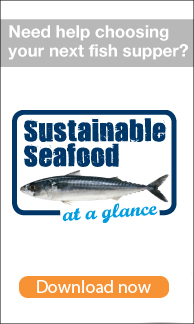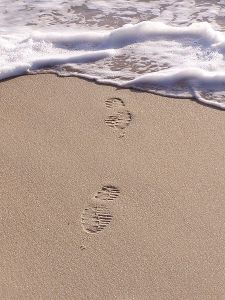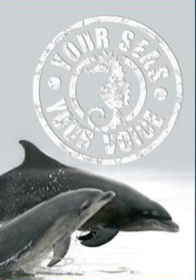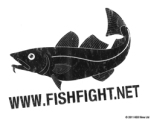
Sylvia Earle, Oceanographer
Sylvia Earle hopped off a plane long enough Friday afternoon to share her message of ocean preservation to a gathering of environmental enthusiasts at PGA National Resort & Spa.
Earle, a well-traveled oceanographer, author and lecturer and former chief scientist for the National Oceanic and Atmospheric Administration, was the keynote speaker at the Blue Friends Society’s Third Annual Go Blue Awards Luncheon celebrating leaders in ocean conservation.
The Blue Friends Society is a support group of Loggerhead Marinelife Center that plans and promotes conservation efforts. Earle, 76, who has pioneered research on marine ecosystems and led more than 100 underwater expeditions, shares a passion for the cause.
We need the ocean, she said. The ocean delivers most of the oxygen in the atmosphere, holds the planet steady, has most of the water, most of the life. If we fail to take care of the ocean, it’s ourselves, not just turtles, that are at risk.
Earle, named a Living Legend by the Library of Congress for her work in ocean conservation, spoke at length about the importance of understanding the ocean and how it impacts human survival.
Our economy depends on maintaining the integrity of the ocean, as does our health, our security, she said.
Earle’s address followed an awards presentation in which five individuals and businesses were recognized for their efforts to improve and protect oceans, beaches and wildlife.
Winners are:
Blue Ambassador of the Year – Joe Zavertnik, Loggerhead Marinelife Center volunteer
Blue Friend of the Year (local) – Steven Allen, Palm Beach Maritime Academy teacher and department instructional leader
Blue Friend of the Year (national) – Susan J. Murray, Oceana Pacific Program senior director
Blue Business of the Year – Rapid Removal; Eleanor Fletcher Lifetime Achievement Award – Jim Abernethy, Jim Abernethy’s SCUBA Adventures and founder of Ocean Education Publishing.
This article was first published on October 21, 2011 by Jody Wagner – Oceanographer stresses importance of protecting world’s seas






















